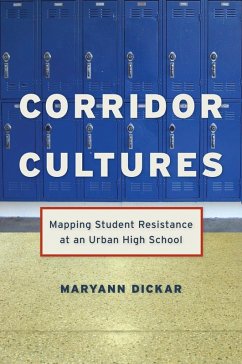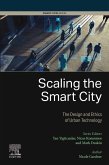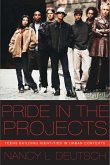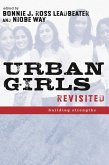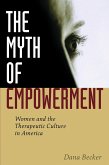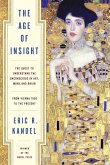For many students, the classroom is not the central focus of school. The school's corridors and doorways are areas largely given over to student control, and it is here that they negotiate their cultural identities and status among their peer groups. The flavor of this corridor culture tends to reflect the values and culture of the surrounding community.
Based on participant observation in a racially segregated high school in New York City, Corridor Cultures examines the ways in which school spaces are culturally produced, offering insight into how urban students engage their schooling. Focusing on the tension between the student-dominated halls and the teacher-dominated classrooms and drawing on insights from critical geographers and anthropology, it provides new perspectives on the complex relationships between Black students and schools to better explain the persistence of urban school failure and to imagine ways of resolving the contradictions that undermine the educational prospects of too many of the nations' children.
Dickar explores competing discourses about who students are, what the purpose of schooling should be, and what knowledge is valuable as they become spatialized in daily school life. This spatial analysis calls attention to the contradictions inherent in official school discourses and those generated by students and teachers more locally.
By examining the form and substance of student/school engagement, Corridor Cultures argues for a more nuanced and broader framework that reads multiple forms of resistance and recognizes the ways students themselves are conflicted about schooling.
Based on participant observation in a racially segregated high school in New York City, Corridor Cultures examines the ways in which school spaces are culturally produced, offering insight into how urban students engage their schooling. Focusing on the tension between the student-dominated halls and the teacher-dominated classrooms and drawing on insights from critical geographers and anthropology, it provides new perspectives on the complex relationships between Black students and schools to better explain the persistence of urban school failure and to imagine ways of resolving the contradictions that undermine the educational prospects of too many of the nations' children.
Dickar explores competing discourses about who students are, what the purpose of schooling should be, and what knowledge is valuable as they become spatialized in daily school life. This spatial analysis calls attention to the contradictions inherent in official school discourses and those generated by students and teachers more locally.
By examining the form and substance of student/school engagement, Corridor Cultures argues for a more nuanced and broader framework that reads multiple forms of resistance and recognizes the ways students themselves are conflicted about schooling.
Dieser Download kann aus rechtlichen Gründen nur mit Rechnungsadresse in A, D ausgeliefert werden.

